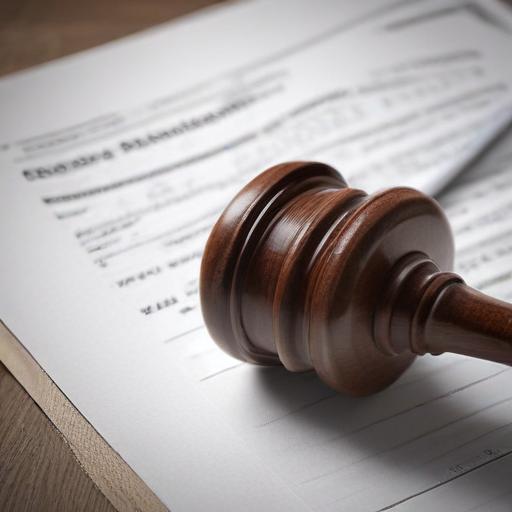Veteran journalist Lesley Stahl is preparing for a potential settlement in Donald Trump’s $20 billion lawsuit, which she describes as “frivolous.” In a recent podcast with New Yorker editor David Remnick, Stahl expressed her concerns about the implications that may follow the case’s resolution. She anticipates that discussions about a settlement are coming, especially in light of Shari Redstone’s imperative need for government approval regarding Paramount Global’s merger with Skydance. Reportedly, Paramount made an eight-figure settlement offer that was declined by Trump.
Stahl stated, “I know there’s going to be some money exchanged,” and she also reflected on the subsequent uncertainty that might follow once the case is resolved: “We will hopefully still be around, turning a new page and finding out what that new page is going to look like.”
The lawsuit stems from a pre-election episode of 60 Minutes, where Trump argued that CBS News edited an interview with Kamala Harris differently for various outlets, a standard practice in television journalism that experts deem without merit. Despite this, several news organizations have previously faced pressures and opted to pay settlements to Trump.
Stahl’s discussion comes amidst notable changes within CBS, where longtime executive producer Bill Owens recently departed due to mounting pressure over the coverage of Trump’s issues. She described his exit as “a punch in the stomach” and encouraged her colleagues to maintain their commitment to covering difficult stories despite external pressures.
Addressing the future of 60 Minutes under new leadership, Stahl expressed a hopeful desire that the integrity of press freedom would be upheld. She acknowledged the declining trust in the media, exacerbated by Trump’s combative interactions with reporters, where he calculated that disparaging the media would lead to public disbelief in negative reports about him.
Reflecting on her five-decade journey in journalism, she voiced concern for the public’s understanding of the essential role of a free and robust press in democracy. “The public doesn’t seem to want what we do to be part of our public life,” she noted, emphasizing the vital function journalism plays in society.
In the face of challenges, Stahl’s call for enduring press independence and integrity offers a message of resilience and hope for the future of media.
